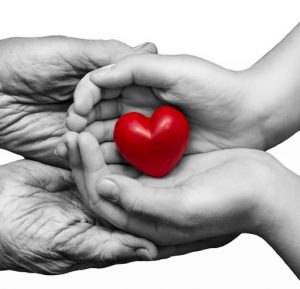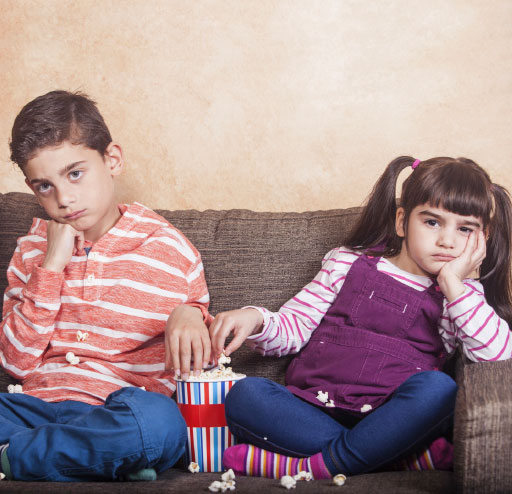Download a printable version of this article (PDF 350KB)
 Have you ever had a problem? Have you ever felt compelled to share it with somebody? Have you ever chosen the wrong person?
Have you ever had a problem? Have you ever felt compelled to share it with somebody? Have you ever chosen the wrong person?
If you chose the wrong person, it is highly likely that the reaction they gave indicated that either they didn’t care, or they made it all about them.
This illustrates the difference between three terms that sound similar but are very different: apathy, sympathy and empathy.
When your child tells you that they are being subjected to bullying, they are almost invariably looking for one of these responses from you. If you choose an inappropriate approach there is a chance you could be judged as the wrong person to tell.
Apathy
Effectively apathy is a lack of care. While it is unlikely that parents and carers will choose apathy as a response to a child’s need, it can occasionally influence the impression you give, particularly when you are busy. On the acute end of the range of apathetic responses, you articulate a lack of interest. You might say, “Well, that’s a problem at school. They should be dealing with it.” or, more subtly you might be only partially listening, still glancing at your phone and not giving full attention. It is important to make sure that your child knows you are listening and engaged.
Demonstrating deep care in a measured and calm way without a wild emotional reaction is not apathy.
Sympathy
Sympathy is inherently good, but its effectiveness can be reduced by the split in its focus. Sympathy shows your child that you know what they are feeling, but because of this it can shift the focus on to your own emotions and feelings.
Consider the child who has bravely revealed their current bullying situation to you, hearing “Oh my goodness! This is terrible. Are you ok?! Did they hurt you? Are there bruises? I can’t believe this is going on!! This happened to me when I was your age. It was just awful. Those girls were just so mean to me. They terrorised me!! You know, I don’t think I’ve ever really recovered!” This response is really about the parent, not the child. Although well intentioned, such responses can send a message to your child that you have framed this in your own world rather than theirs.
Empathy
Empathy is often referred to as the ability to walk a mile in the shoes of another, but it’s more than that. Empathy is about taking the time to understand how something feels and looks for somebody else given all of that person’s experiences, moods, fears and ambitions. Empathy is understanding that the way bullying felt to you as a child isn’t necessarily the way that your child is experiencing it. So it stands to reason that the best empathetic responses are in the range “I can see that this is really upsetting to you. Sit down and tell me more so I can understand even better.”
“Empathy is about finding echoes of another person in yourself”
– Mohsin Hamid
Empathy is a powerful tool. When modelled by parents and carers empathy sends a message to children, whether they are experiencing bullying or whether they are engaging in bullying behaviours, that thinking a little more about others is a good thing to do.





